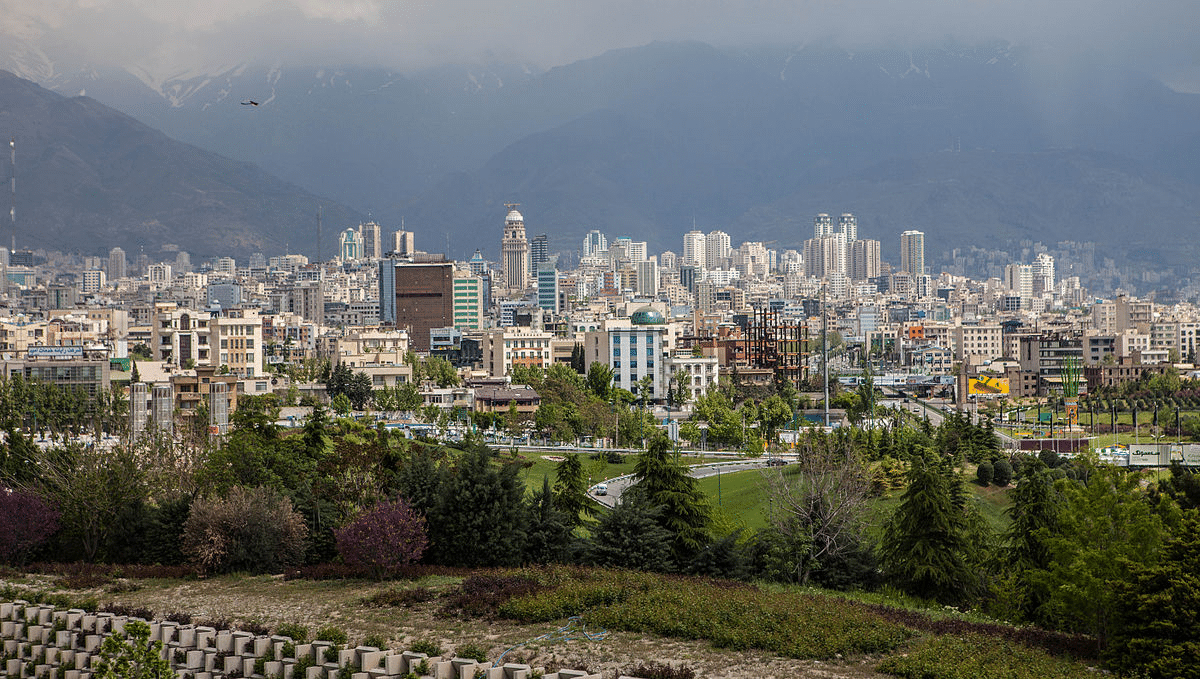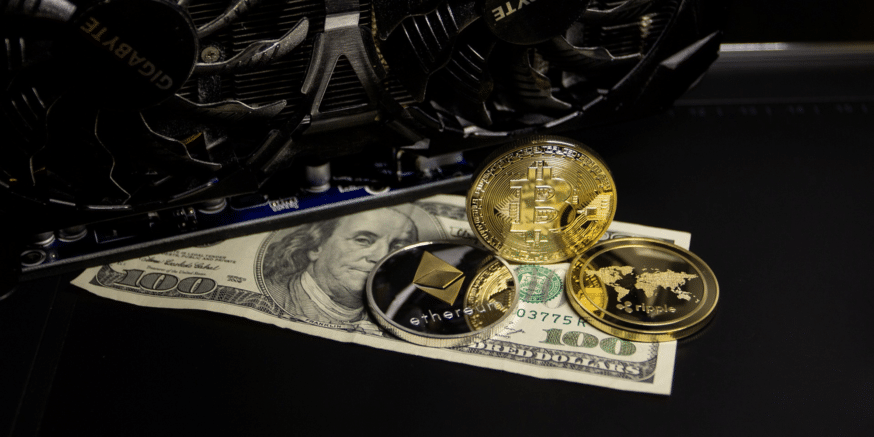- The Venezuela Situation
- Venezuela’s Inflation Rate
- Iran and Cryptocurrencies
- U.S. Confiscating Iranian Crypto Holder Assets
- Conclusion
Both Iran and Venezuela are currently facing a tide of financial sanctions imposed by the United States. As you might expect, their respective governments are actively searching for ways to circumvent them.
That said, using digital currencies would allow trade partners to carry out transactions with the two nations, outside the standard international monetary system and help keep their economies open.
This definitely seems like the answer right now, but could this strategy work?
The Venezuela Situation
Since 2015 Venezuela has been reeling from sanctions imposed by the Obama administration under Executive Order (E.O) 13692, which was targeted at “Blocking Property and Suspending Entry of Certain Persons Contributing to the Situation in Venezuela”.
According to a statement issued by the White House, the sanctions were set up to prevent Venezuelan president, Nicolás Maduro, and his administration, from taking advantage of the U.S. financial system to loot his country.
The United States government accused Maduro’s government of imprisoning members of the opposition and using violence to suppress freedom of speech.
Widespread corruption among government officials and attempts to liquidate public assets also led to the implementation of the sanctions.
At the time of the imposition, a majority of Venezuela’s population was facing severe food shortages, and had extremely limited access to medical care and basic amenities. Unfortunately, this is still the case.

The latest round of sanctions was imposed in May after Maduro won the presidential elections. They barred companies and U.S. citizens from buying Venezuela’s debt or getting involved in government receivables.
Venezuela’s Inflation Rate
According to the latest statistics by the IMF, the South American nation will have an inflation rate of about 1,000,000 percent by the end of 2018.
In February, the country launched its own cryptocurrency, Petro, apparently backed by the country’s mineral and oil reserves. This was in a bid to circumvent U.S. sanctions.
One major benefit of digital currencies to the economy is that even though they are volatile, the Venezuelan bolívar is much worse. It bleeds value almost every day.
However, there are a few problems with adopting cryptocurrency, because the minimum wage is too low to have a meaningful impact on the Venezuelan crypto-economy in the short term.
This is considering that the country’s monthly minimum wage is about $1.61. This is about 0.00020 bitcoin. That said, the Dash cryptocurrency is said to be very well received in the country, with its use exceeds all other cryptocurrencies.
According to Dash Force News, over 500 merchants are said to be using the now widespread peer-to-peer digital currency, which boasts over 10,000 users.
Iran and Cryptocurrencies
Unlike the Venezuelan economy, which has been ravaged by corruption and sanctions, and literally on its knees, the Iranian economy is on a virtual countdown to the imposition of sanctions by the United States.
This is following America’s withdrawal from the Iran nuclear deal in May, with the first round of sanctions likely to hit the country on August 6, 2018.
Areas that are going to be affected in this instance include the purchase of US dollars, trades in gold and other precious metals, aviation, and the motoring industry.
With fewer countries looking to trade with Iran for fear of punishing sanctions from the United States, cryptocurrencies seem like the logical option. However, the Arabian Gulf nation has a love-hate relationship with digital currencies.
In April, the country’s central bank banned banks from dealing in cryptocurrencies amid money laundry concerns. To mitigate the effects of the declining value of its currency, Iran also made it illegal to exchange money outside its banking system.
According to Iran’s Information and Communications Technology Minister, Mohammad Javad Azari-Jahromi, the goal was not to completely abolish the use of digital currencies altogether, but to prevent foreign currency from exiting the country.
That said, its government also simultaneously launched a local cryptocurrency project on an experimental basis. The project was initiated to test out ways in which crypto would help prop up the economy once U.S. sanctions hit.
Currently, some Iranian establishments are reportedly accepting cryptocurrency deposits. According to Cryptoslate, online hotel booking platform, HotelsInIran, is encouraging the use of Bitcoin, Cash Bitcoin, and Ethereum to book accommodation in Iran.
But this is evidently not illegal, considering that these are mainly deposits, and no currency exchanges are taking place within the country.

U.S. Confiscating Iranian Crypto Holder Assets
The U.S. government has been confiscating bitcoin from Iranians under unclear circumstances. This worrying trend has led to the involvement of Iran’s Blockchain Association. At least 500 bitcoin valued at $5.77 million have so far been confiscated.
The Iranian government, however, has not been involved in the issue, since trading in digital currencies within the country is illegal.
Conclusion
On whether cryptocurrencies can solve the Venezuela situation, the country simply has too many internal problems right now for its economy to make any significant progress in the short term.
As for Iran, the country does export a lot of oil to economically influential countries such as China, which imports about 650,000 barrels a day.
Leveraging this resource and convincing importing countries to use its cryptocurrency (which it has yet to launch) would definitely help buffer Iran’s economy against the sanctions, at least theoretically.
But in reality, a combination of economic forces would ultimately decide its fate.
[thrive_leads id=’5219′]
Never Miss Another Opportunity! Get hand selected news & info from our Crypto Experts so you can make educated, informed decisions that directly affect your crypto profits. Subscribe to CoinCentral free newsletter now.










